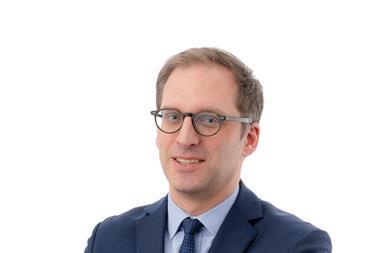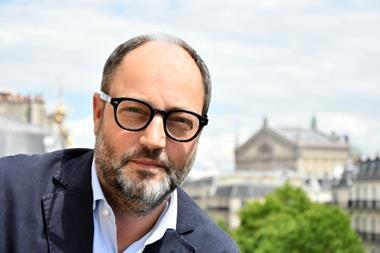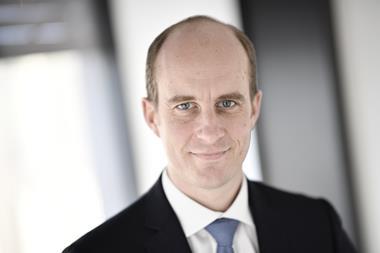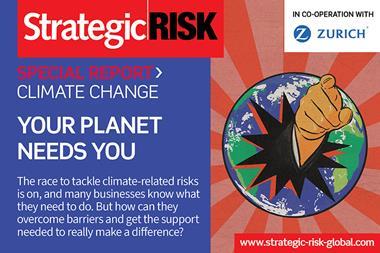This year’s meeting of French risk professionals will broad some challenging conversations
After over two years of commercial rate hardening, Amrae president Oliver Wild is hoping that this week’s conference in Deauville will help to “rekindle dialogue” with the insurance industry.
For certain classes of business, including cyber and D&O, it is no longer just about affordability. In many cases, the capacity is simply not available, he told StrategicRISK.
“There are no signs of the market softening - it’s even harder than it was before. The price increases started in 2019 and we’ve seen that two renewals in a row and there’s also been a withdrawal of capacity.”
The steep rise in cyber rates flies in the face of prevailing claims trends, according to the association’s latest LUCY report [Lumière sur la Cyberassurance]. It argued the cyber insurance market was stuck in a “vicious cycle” and would not reach its potential unless carriers are prepared to innovate in order to offer more meaningful capacity.
For Wild, who is also group chief risk and insurance officer at Veolia, renewals for distressed classes have never been so down to the wire. This is despite the efforts by corporate insurance buyers to begin discussions as early as possible.
“There are some major cracks in the dialogue [with insurers and brokers] and that’s been the case since 2019 when we saw that brutal change in the carriers’ risk appetite,” he said. “The market is very hard.”
“That risk aversion is even stronger on topics such as climate change, cyber and D&O. It’s a widespread behaviour, not only in terms of these particular risks.”
Building bridges
Despite this behaviour, Amrae is determined to build bridges and encourage a collaborative and positive approach to dealing with some of the biggest challenges that lie ahead. Among these, is climate change.
“There is a feeling among insurance carriers that some systemic risks are too big to be covered,” said Wild. “But we feel that with strong risk management and vehicles such as captives, we can find a solution. We need to show the carriers how resilient we’ve been able to make our businesses.”
“Over the three days we want to be able to rekindle that dialogue and rethink the risk sharing models,” he continued. “The discussions with insurers need to start much earlier, because there’s a lot of information to share. Captives are growing at a faster rate and that should make insurers more comfortable.”
It is also essential to have support from the insurance industry as companies continue on their transition journeys, he explained.
There is pressure on carriers to stop providing cover for carbon-intensive activities, such as thermal coal. But coverage solutions need to be considered against the backdrop of broader zero carbon goals, thought Wild.
“Insurers can’t just pull the plug on ‘brown activities’, such as coal in Central Europe,” he said. “We need them to partner with us to help drive that change. It’s something we need to do together.”
“Climate change can only be tackled collectively with a collaborative approach.”
Welcome back to Deauville
Wild says there has been a strong response from French risk managers to attend the physical conference in Deauville. The risk association brought in risk consultants International SOS to ensure a robust approach to health and safety.
While some activities will require more social distancing than in the past (with the conference hosting sit down dinners rather than cocktail events), the ability to meet in person cannot be underestimated, he thought.
“There’s a lot of enthusiasm to attend the event. We’ve got some great speakers and workshops so we’re really looking forward to it and expecting a great turnout - and that’s all thanks to good risk management.”
Another theme for this year’s meeting is the importance of emphasising the role of risk management as a business enabler.
“Risk managers are not there to stop the business from developing,” said Wild. “We’re all helping to take risks, in an informed way.”
“Our focus is looking forward and making sure we talk about the major challenges and risks that were already existing prior to the COVID crisis, one of those being climate change.”




















No comments yet